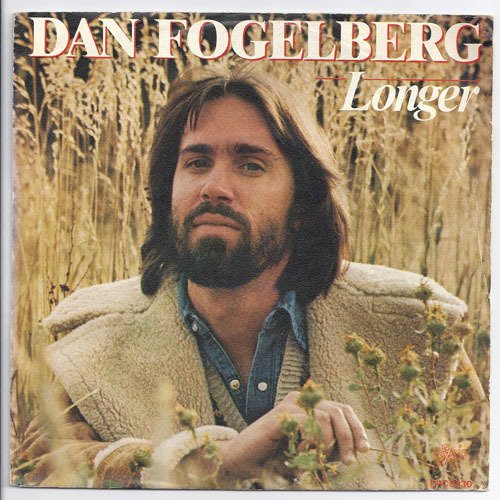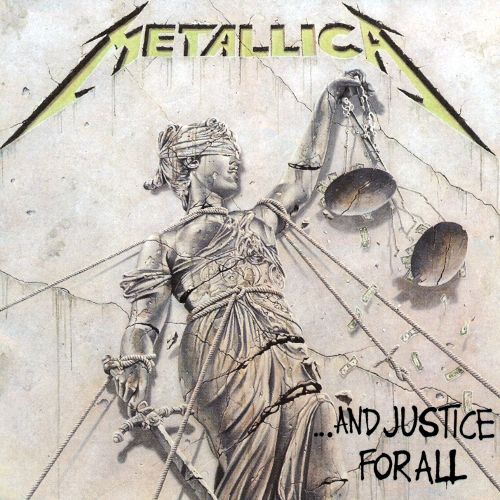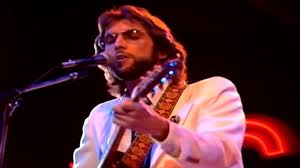I’ll be getting back to my sober DJ story soon enough, but for my first post of 2017 I wanted to share something a bit different.
Tommy Rosen, the founder of Recovery 2.0, shared a video on his Facebook page after his morning meditation which entailed pop culture, movies, the 1970s…the effect that those things have on children, and relates it to how he became an addict:
At first when he began talking about movies, he kinda lost me. I was thinking, whatever. Then he said something that made my jaw hit the floor. “You know what I grew with in the 1970s, if we’re really gonna be honest? I grew up with the codependent love songs of the 1970s.” Feels. (And doesn’t that sound like the title of one of those Time-Life greatest hits CDs?)
I remember the ballads, especially of the late 1970s/early 1980s. So many songs about unfulfilled and unrequited love. I remember hearing Dan Fogleberg’s “Same Old Lang Syne” as a 7 year old and crying…kids know. Kids understand more than you realize. I remember my mom teaching class late one night and not knowing when she would come home, and then hearing “Your Song” by Elton John. Balling. Missing my mom. (I was a sensitive little kid, I’ll admit. Not much has changed.)
I also remember the movies of the late 1970s and early 1980s. If you saw the animated movie “Watership Down” as a kid, you know what I’m talking about. The movie “Kramer vs. Kramer” with Dustin Hoffman came out in 1979, and from the clips I saw on HBO it seemed that divorce was an epic event, with a big soundtrack, courtroom drama, parents yelling at one another and at the judge. Anytime I met a kid in elementary school whose parents were divorced, I felt deeply sorry for them. I imagined them in court with their parents, watching it all go down, and then having to take sides.
And then my parents actually divorced. And there was unfulfilled love, and anger, and infidelity and substance use between them. But other than the relatively few fights I saw – bad as they were – it was a very quiet process from my perspective. My dad told me my mom was moving out while I was watching Saturday morning cartoons. I never once set foot in a courtroom, never talked with an attorney. In fact, my mom told me that she had me live with my father because she knew that she was incapable of taking care of a child – that she thought he would’ve been better for me.
Like drunkenness, I learned that divorce too was very, very different from what was portrayed in the media. I accepted my mom’s version of the story for a long time, until I myself found recovery. I saw men and women, young and old, who’d just recently had their children taken away because of alcohol and drugs. I watched them in 12-step meetings claw, and grasp at every straw they could to hang on to sobriety, to get visitation back, to get their kids back, to be in their lives again. These were, by-and-large, people who didn’t have educations, people who simply did the best they could with what they had, some with extensive criminal records. Never in all my life had I seen a parent fight harder for their children.
You see videos of mothers and fathers in war-torn countries being re-united with their children after being separated, after being refugees for a decade, two decades, with no hope of ever seeing them. And a miracle happens and they are reunited. They are falling on the floor in tears, and the children are too. Wailing, weeping as though their lives depended on it.
My mother and father were both highly educated people. If I’m to believe my mother, she was invited to join Mensa at one point. Neither had criminal records. Even with all that, I began to feel once again like I had been “given up,” in early recovery, at age 36 after over 20 years had passed. The feelings stay there. You can’t deal with them until you face them head on.
You have to wonder what kind of force is so powerful that it decimates the instinctual bond between a parent and child. It’s not alcohol, it’s not drugs. Those are just symptomatic. As Tommy is noted for saying (and I agree 100%), the root of addiction is trauma. The trauma that occurred in my mother’s life when she was young, which was in turn a result of trauma that her parents had, and so forth. At no point did anyone put the brakes on it, because our “no crying in baseball” culture doesn’t believe in feelings – talking about them, expressing them or recovering from them. One county in Georgia even banned schools from teaching mindfulness because of the influences of “eastern religion.”
Look at who we elected president, for god’s sake.

(no, we didn’t elect dan fogelberg)
When you experience divorce, suddenly everything that happened before you see through a new lens. Nothing was right, everything was wrong. Of course the whole thing fell apart. Dan Fogleberg was right. “She’d like to say she loved the man, but she didn’t like to lie.” And any happy song immediately became a lie. Hearing all those old songs made me even more emotional than they had when I was a kid, so my tastes gradually shifted away from even 1980s pop to the angriest, loudest music I could find. It was my only defense mechanism.

(the loudest, angriest music I could find…)
Alcohol and drugs came much later, because watching my mother did make me afraid of their power for a time. But I was addicted to all sorts of things before that. Credit cards. Relationships. Materialism. Even the anger that I carried with me I was addicted to, in a way, because it was mine. It was something no one could take from me. Like the NIN classic Head Like a Hole, “no you can’t take it, no you can’t take that away from me…head like a hole / black as your soul / I’d rather die than give you control.”
Tommy concludes with observations about the media our kids are seeing today… “I’m not even sure what’s going to happen to our children today…the jury is not in yet, we hope that we can get our kids excited about the magic of life without dooming them to… a life of seeking through the outside world to create some bizarre reality…” The jury is still out. We don’t know.
I agree with what Tommy is saying. I also agree that I am 100% percent responsible for my actions. I can’t blame anyone but myself for what I did in active addiction, and I certainly don’t blame pop culture. What I do believe is that art, music, and media are a lens into our culture, an expression of it’s own reality. It may seem bizarre, and frightening, much like the gangster rap of the early 1990s was to suburban parents. But our art tells a story about us.
And if it’s any indication of what we’re feeling as a culture, I give you a lyric from one of the most popular songs of 2016…by the Chainsmokers:
“I think I’m losing my mind now
It’s in my head, darling I hope
That you’ll be here, when I need you the most
So don’t let me, don’t let me, don’t let me down”

Wonderful post, Jon. And wow: I was listening to a “best of” playlist on Spotify this weekend and listened to that Chainsmokers song. Had a similar reaction. We’ve got to get together one of these days!
LikeLike
I listen to a lot of oldies and it recently occurred to me how many co-dependent songs there were as I was growing up. Here’s my partial list: Bend me Shape me
Harry Neilson “ Can’t live if living is without you”
Badfinger “ Without you”
Chicago “I Don’t Wanna Live Without Your Love”
Jimmy Cliff Can’t Live Without You
The Girl You Think You See
Music by: Carly Simon
Lyrics by: Jacob Brackman
I’ve Got To Have You
Lyrics & Music by: Kris Kristofferson
LikeLiked by 1 person